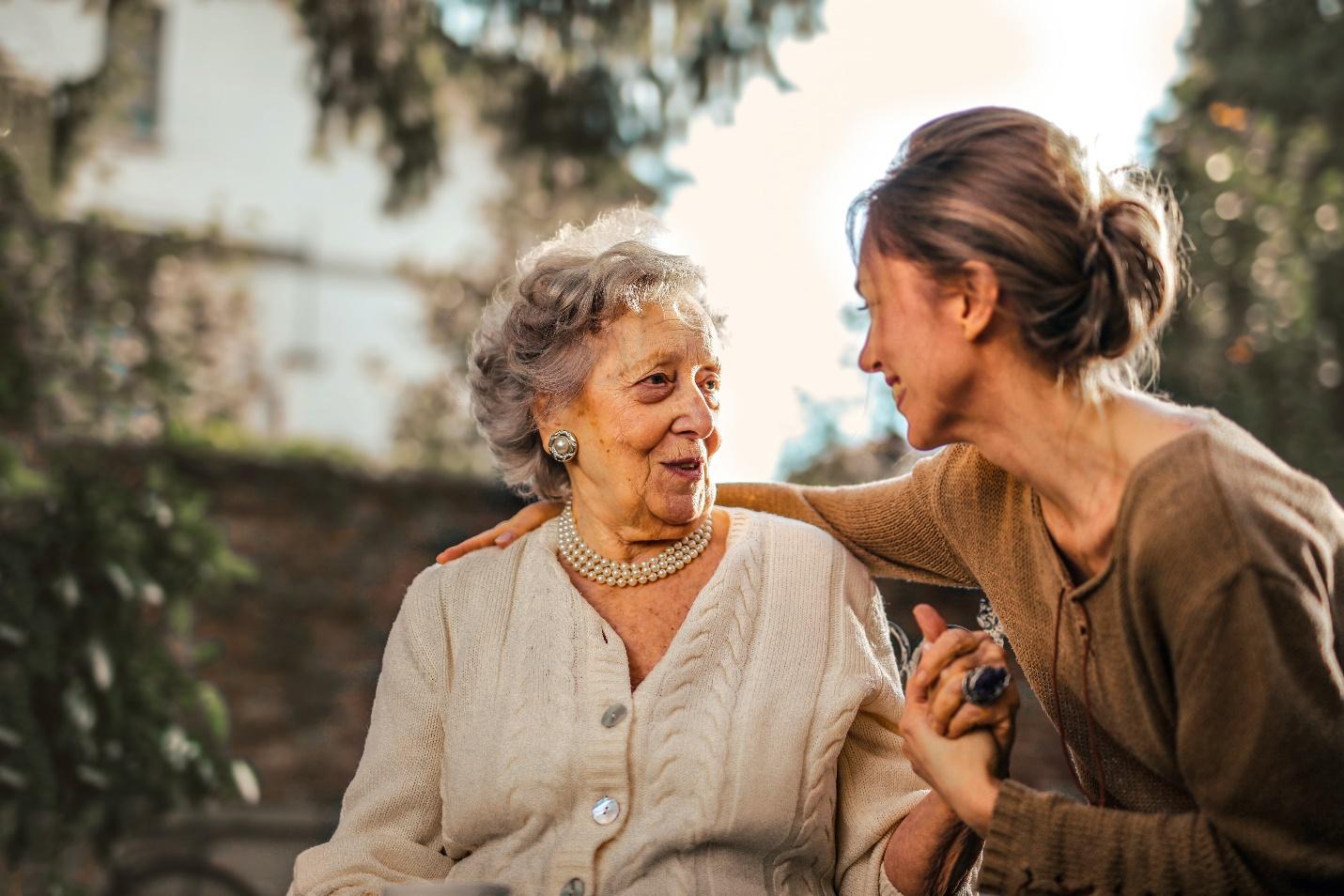In present times, people expect to live longer due to the increasing quality of healthcare and food products available. As a result, on average, most people can live up to 20 years more after they reach the age of 65. This is due to the excellent healthcare services available now, and methods to manage chronic diseases have made it possible to extend the lifespan.
Apart from that, people have become more self-aware regarding their health and tend to take healthy initiatives. For example, eating healthy, controlling the amount of alcohol consumption, quitting smoking, or maintaining a healthy weight can help them avoid most health risks. But with age, the immune system and all other parts of the body weakens with age. For this reason, there are some health concerns that are commonly found in elderly people. Let us discuss those health concerns to shed more light on this topic.
1. Alzheimer’s and dementia
About 11% of elderly people on medical insurance are either treated for some type of dementia or Alzheimer’s disease. When defining them, we can say that Alzheimer’s disease is a specific form of dementia that causes difficulty in problem-solving and thinking or causes memory loss. These difficulties and memory loss increase to the extent that it becomes difficult for elderly individuals to carry on with their everyday activities. Moreover, dementia vs Alzheimer’s difference is that dementia is simply a term that is applied to a group of negative symptoms that impact a person’s memory. On the other hand, Alzheimer’s is a specific form of dementia, and it is a progressive disease that causes impairment in cognitive functions and memory.
Typically, dementia is not a disease that is normally caused by aging. It happens because small changes take place in the brain over time. However, most patients with dementia consist of elderly patients.
2. Chronic obstructive pulmonary disease (COPD)
About 11% of elderly individuals are treated for COPD. COPD is a chronic disease that consists of two conditions, i.e., chronic bronchitis and emphysema. This disease makes it hard for a person to breathe and causes chest tightness and coughing.
But the awareness regarding COPD has reduced the percentage of elderly diagnosed with this condition. As the disease progresses gradually, there is a way to prevent it by quitting smoking and avoiding exposure to secondhand smoke, dust, chemical fumes, vehicle fumes, etc.
3. Depression
While most elderly individuals reject this idea, about 14% of the elderly seek some type of treatment or therapy for depression. While depression is treatable for the most part, it is still not a normal part of aging. However, the main cause is the social conditions and several other factors that result in the elderly developing depressive symptoms. As a result, this disease causes a person to experience hopelessness, a persistent feeling of pessimism, sadness, fatigue, etc. This aspect of the disease impacts their daily life and makes it hard for them to enjoy any activities, lose appetite, and face difficulties while making any decisions.
4. Heart failure
A significant percentage of elderly people develop heart problems and eventually require treatment for heart failure. It is a condition that is caused when the heart is not able to supply an addequate amount of blood and oxygen to the organs of the body. As a result, the heart enlarges, develops muscle mass, or pumps itself faster to meet the demand. This can cause a person to lose appetite, and feel confused, tired, nauseous, and light-headed.
5. Chronic kidney disease
About 18% of elderly people are treated for chronic kidney disease, which eventually leads to a loss in kidney function. People with CKD are often at an increased risk of experiencing kidney failure and the development of heart diseases. But through early detection of the problem and treatment, the symptoms can be controlled and diminished over time.
6. Physical injuries
As the body weakens with age, even a small injury can cause major issues and even death for the elderly. According to the National Council on Aging (NCOA), an elderly dies due to falling almost every 29 minutes. Hence, falling has become the lead cause of physical injuries in the older population. The reason is that bones tend to shrink with age, and muscles lose their flexibility and strength. Moreover, the elderly are more prone to losing their balance, and the fall can even cause fractures or bruising in their bones.
7. Malnutrition
Malnutrition is a common issue in elderly individuals over the age of 65, and the issue often goes undiagnosed. Malnutrition for a long time eventually leads to other health issues such as body weakness and weakness of the immune system. There can be several factors that lead to malnutrition. For example, elderly individuals suffering from dementia may forget to eat, have dietary restrictions, have depression, limited social contact, inability to chew and eat, and limited resources.
Conclusion
Aging is inevitable, and at some point, everyone’s body becomes too weak to function properly, leading to health issues. However, a proper diet, regular exercise, and different preventative measures can improve the immune system and maintain muscle strength and flexibility. Therefore, every person must make healthy lifestyle choices so that they don’t have to suffer from so many health-related issues in their old age. They can enjoy their later years in peace with better health without worrying about pain and medication.



